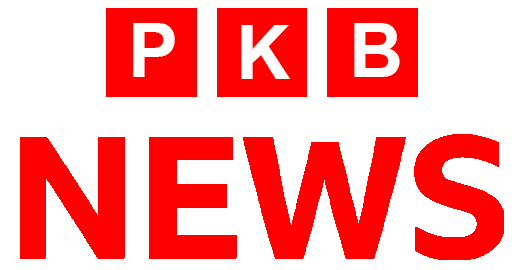Yevgeny Prigozhin Net Worth 2023: Salary, Income Sources And Assets?
Yevgeny Prigozhin, the leader of the Wagner Group, has reportedly died in a private jet crash. He was 62 years old and had garnered significant wealth during his time as a prominent figure, notably in his involvement with the Wagner Group’s activities in the Ukraine conflict. Prigozhin’s relationship with Putin was complex—he was considered both a confidant and, at one point, a rival. This shift occurred when he was accused of orchestrating an alleged coup in June 2023. Earlier in his career, Prigozhin was colloquially referred to as “Putin’s chef” due to his ownership of restaurants and catering businesses that catered to the Kremlin. The depiction of Prigozhin by insiders is one of a ruthless and formidable figure. However, it’s important to refer to current and reliable sources for the latest updates on these events, as my last knowledge update was in September 2021.

Yevgeny Prigozhin Net Worth 2023
These multifaceted business ventures significantly contributed to Prigozhin’s immense wealth, with certain estimates placing his personal fortune as high as £2 billion. Numerous individuals acquainted with Prigozhin have portrayed him as a “calculating manipulator,” displaying deference towards those of higher social standing while often exhibiting tyranny towards subordinates on his ascension to prominence. A businessman who had crossed paths with the oligarch during the 1990s conveyed to The Guardian, “He possesses determination and skill and is unafraid to resort to any means to achieve his desires.”

A former defense official further noted, “It appears that he derives satisfaction not only from the end goal but also from the process itself.” Prigozhin’s unrelenting ascent can be traced back to 1981 within a Leningrad (now St. Petersburg) courtroom. Decades-old legal records, revealed by the Russian news outlet Meduza in 2021, unveiled that Prigozhin faced charges of robbery and assault, resulting in his incarceration in the penal colonies of Soviet-era Russia.

Upon the collapse of communism, he emerged after a nine-year sentence, his character toughened and his mindset opportunistic. He initiated the sale of hot dogs on the dilapidated streets of St. Petersburg, a venture that eventually burgeoned into a chain of eateries, all while becoming entangled in the organized criminal landscape that plagued the city. By 1996, Prigozhin had established a highly prosperous restaurant enterprise, which fatefully caught the attention of Putin, who dined at one of his establishments—thus earning him the moniker “Putin’s chef.”
Following his encounter with President Putin in 2001, Prigozhin’s catering enterprise commenced securing lucrative state contracts to provide meals for Russia’s educational institutions and armed forces. This companionship would evolve into a relationship of substantial financial worth—a testament to the privileges associated with proximity to Putin. The now-deceased warlord, Yevgeny Prigozhin, was believed to have amassed significant wealth, potentially making him a billionaire. His opulent lifestyle reportedly included possessions like a lavish yacht, a private plane, and other luxurious assets, contributing to an estimated net worth exceeding £1 billion.
In recent times, in June, President Putin made public that Prigozhin and the Wagner Group had secured contracts valued at £1.6 billion from the Russian state over the past year alone. Additionally, Prigozhin was purportedly adept at capitalizing on the natural resources of various nations and maintaining ties with unstable regimes. According to an investigation conducted by the Financial Times, the Wagner Group extended security services to numerous vulnerable and conflict-affected African and Middle Eastern countries. Companies with suspected ties to Prigozhin allegedly garnered $250 million from exploiting natural resources in these nations during the four years preceding Russia’s intervention in Ukraine. It is understood that the Wagner Group engaged in the extraction of diamonds, gold, oil, and gas from the countries where they operated, concurrently receiving direct payments from corrupt regimes.






